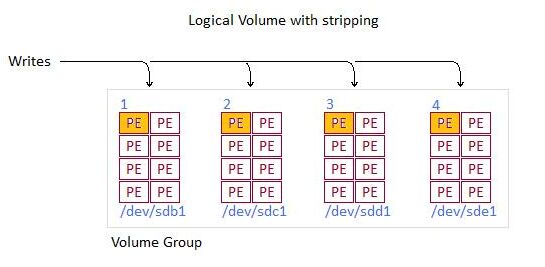I’ve recently started using scheduled jobs to initiate highstates after building a SaltStack Engine than can track the progress of the jobs and I did it that way to de-couple the highstate from anything else. However the HPC stack I manage has a lot of nodes that would have started Highstating at the same time …
Category: SaltStack
Managing LVM Storage
For most server environments you are going to have a disk for the OS and possibly a disk for additional data. And in most cases, you would define the layout of the disks in a kickstart file using Logical Volume Manager (LVM). LVM is a robust mechanism to achieve this and is fully supported in …
Managing Files
Controlling files on a Salt Minion is a common operation that SaltStack does well. The basic principle is that if the file is changed on the Minion, then a state run should return it back to a known State as dictated by the Salt Master. Files can be static objects that the Master just downloads …
Managing CRON via SaltStack
One of the key messages this guide aims to emphasize is “simplicity”. Hand in hand with “simplicity” is “Visibility”, if you can see something related to a State then you can get a better idea of the implications the State will have. One of the powerful features of the UNIX environment has been the CRON …
Using the Salt Stack Scheduler
Overview SaltStack provides a built in scheduling system that allows you to run any functions you could run in a state file. Of particular interest in this article is using the scheduler to periodically run highstates on a Salt Minion and a couple of the management tools to list and remove those scheduled jobs. Prerequisites …
Striping Logical Volumes
A Logical Volume (LV) is created from a Logical Volume Manager (LVM) Volume Group (VG). The VG is the central storage component in an LVM based system, a VG can contain one or more Physical Volumes (PV), which are basically disks presented to the files system, partitioned as an LVM disk and then converted to …
